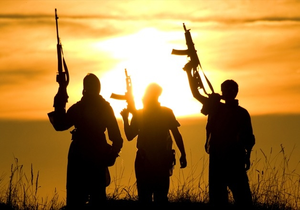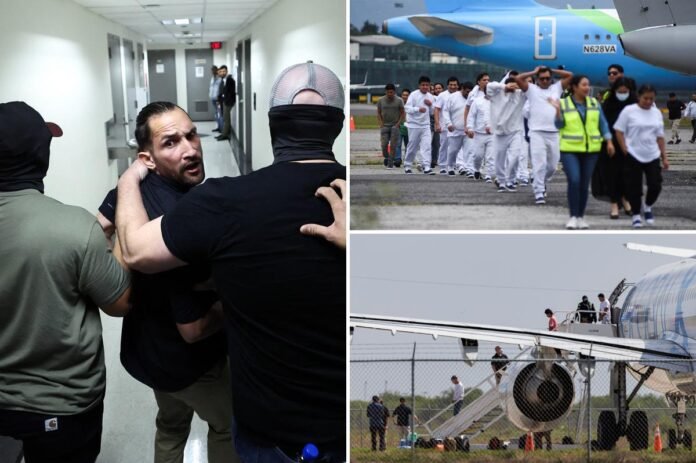New Delhi, Oct 21 – Pakistan’s army has struggled with a series of humiliating setbacks in recent months. High‑profile operations like “Sindoor” revealed cracks inside the military, while the force continues to lose troops to terrorist groups it helped create.
A quiet truce has opened between Pakistan and the Afghan Taliban, but many analysts question how long it can hold. The Tehreek‑e‑Taliban Pakistan (TTP) has already taken a heavy toll on the army, emboldening other insurgents to challenge the regime more openly.
Other key players
The TTP is only one of several terror outfits that want the Pakistani establishment gone. Lashkar‑e‑Jhangvi (LeJ) and the Islamic State’s Khorasan Province (ISKP) also dream of a country ruled by their version of Islam. LeJ has mainly fought sectarian violence against religious minorities, and it is far from being accepted by the government. Its past attacks on Pakistan’s security forces raise worries that it could turn to larger campaigns soon.
ISKP, which was once allied with Pakistani forces against the Afghan Taliban, may decide to withdraw its support now that a cease‑fire looks likely. While ISKP and the TTP share roots—former TTP fighters formed ISKP—the two groups could find it easier to cooperate with LeJ than with each other. This potential alliance would give the threat level a serious lift. The Afghan Taliban is widely seen backing the TTP, adding another dimension to the pressure on Pakistan’s army.
The limits of Pakistan’s allies
Pakistan can’t rely on its other militancy groups such as Lashkar‑e‑Taiba or Jaish‑e‑Mohammad to fight these threats. Jaish‑e‑Mohammad has a complicated grudge against the government and would likely split if forced to confront the TTP. Lashkar‑e‑Taiba has never rebelled directly, but many of its members have been unhappy with Pakistan’s support of U.S. operations in Afghanistan. Their loyalty is uncertain.
The Balochistan factor
A simmering crisis in Balochistan joins the list of challenges. Ethnic Baloch nationalists – who want an independent state – have targeted both the army and Chinese investors in the region. Their attacks have embarrassed the military and signal that the army’s resources are stretched thin across multiple fronts.
What it means for Pakistan
Security experts warn that the combination of rising jihadist activity and growing nationalist insurgency could turn Pakistan’s army overrun. The forces are expected to face a rise in attacks that may further expose the gaps in their readiness and strategy. Whether the truce with the Afghan Taliban holds or groups like ISKP and LeJ join together, Pakistan’s security apparatus could find itself fighting a multi‑front war that tests its limits.
Source: ianslive
Stay informed on all the latest news, real-time breaking news updates, and follow all the important headlines in world News on Latest NewsX. Follow us on social media Facebook, Twitter(X), Gettr and subscribe our Youtube Channel.



